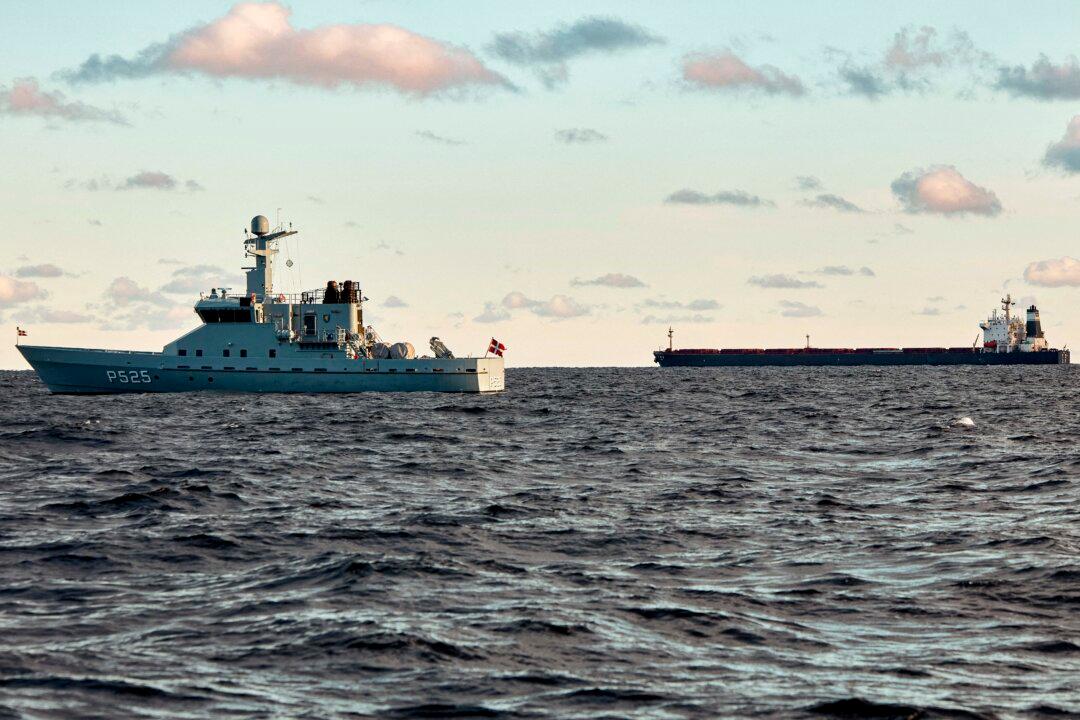A recent public revelation of Chinese cable-cutting technology capable of disrupting global communications has raised concerns among military experts in Taiwan.
The China Ship Science Research Center (CSSRC) and its affiliated State Key Laboratory of Deep-Sea Manned Vehicles have developed a deep-sea cable-cutting device that targets armored cables, which support 95 percent of global data transmission, according to a March 22 report by South China Morning Post (SCMP), a Hong Kong-based English-language newspaper.




